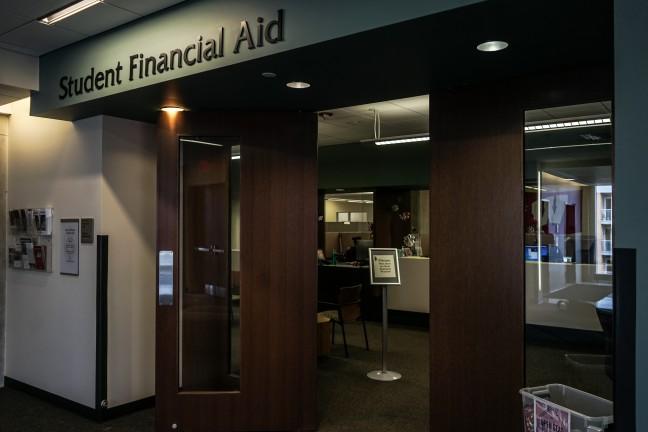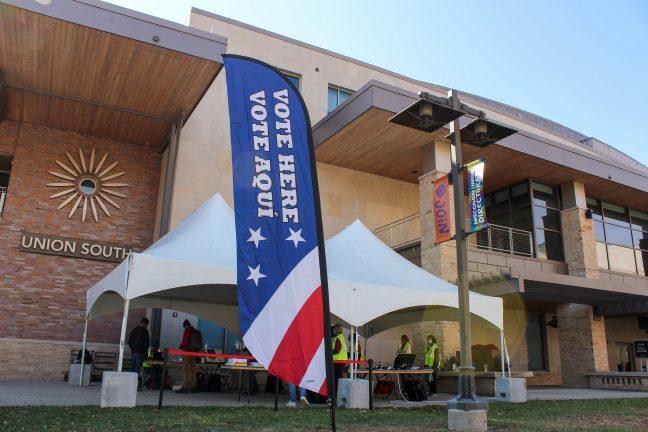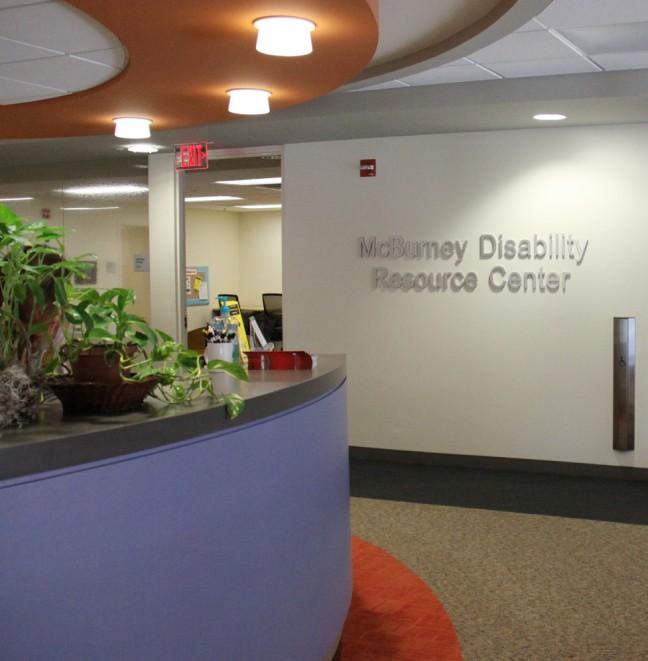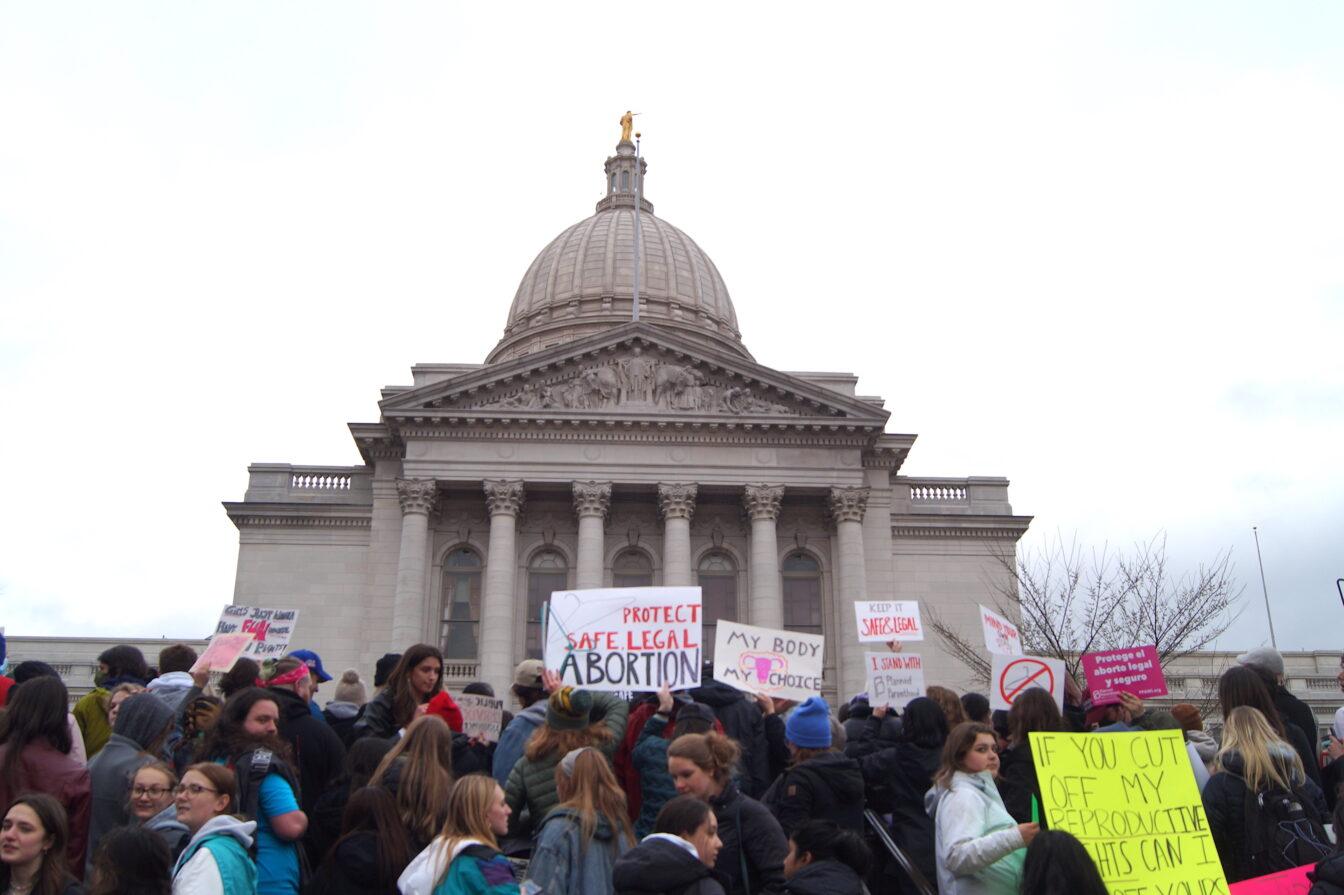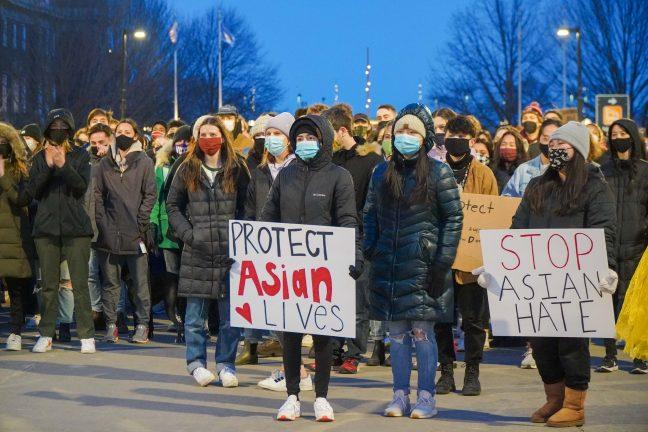April is Sexual Assault Awareness month (SAAM), and if what you know about sexual assault comes solely from Law & Order: SVU marathons, you might want to keep reading. Did you know that victims of sexual assault usually know their attacker? Approximately 90 percent of assaults are perpetrated by someone the victim knows (friend, classmate, acquaintance, neighbor, etc). Sexual assault is an extremely under-reported crime, but by better educating ourselves with the accurate information we can work to change that. Here are some FAQs we wanted to address — questions our PAVE staff members and volunteers often answer:
If both persons involved are drunk, can it be considered rape?
Hookups usually require some logistics (“your place or mine?”) and one person must initiate. Sexual assault is ANY sexual contact or activity without consent. The term includes all acts ranging from unwanted touching to rape. Regardless of whether a person is drunk or sober, consent must be given for all acts. Consent is a clear and freely given yes, not the absence of a no. Considering that 1 in 4 women will be sexually assaulted in their lifetime, but only 5 percent of men are perpetrators, it’s a very small pool of serial perpetrators … meaning it’s not accidental. Some perpetrators even use alcohol to justify their actions. So, if you are unsure if someone is too drunk or have any doubts, you probably shouldn’t proceed.
If there is no violence or force is it still rape?
Rape or sexual assault does not always involve physical force. Coercion is the use of emotional or psychological force to pressure or manipulate someone into something, which can be done during a hook-up. For example, this could be not allowing a partner to leave or threatening to spread rumors about that individual. Coercion can also be subtle. It can take place in relationships (by saying something like, “But don’t you love me?”) and can also be used in abusive relationships as a tool for control.
If I report an incident where alcohol was involved and I am underage will I be ticketed?
There are options when it comes to reporting an incident. If you report to the Dean of Students office, they will conduct their own investigation and will only report to the police if you consent to it. If you report to the University of Wisconsin Police Department (UWPD), it is standard practice not to ticket for underage drinking when involved in an assault. The UWPD follows the Responsible Actions Guidelines, which includes protecting victims of crime against disciplinary action. Both the UWPD and the Dean of Students office strive to aid victims and encourage all students to seek help if needed. There are a variety of resources available for those affected by sexual assault including the University Health Services and the Rape Crisis Center of Dane County and its 24-hour line.
Sexual assault affects 1 in 4 women, and 1 in 9 men in their lifetimes. No one, regardless of sex, gender, race, sexual orientation, mental capacity, physical capabilities, etc. is immune to these concerns. PAVE (Promoting Awareness, Victim Empowerment) is dedicated to preventing sexual assault, dating violence and stalking through education and activism on campus. PAVE focuses on primary prevention by challenging attitudes and behaviors surrounding these issues. For more information, including how to get involved, contact [email protected].
Emma McGrath is a junior majoring in communication arts and English.



